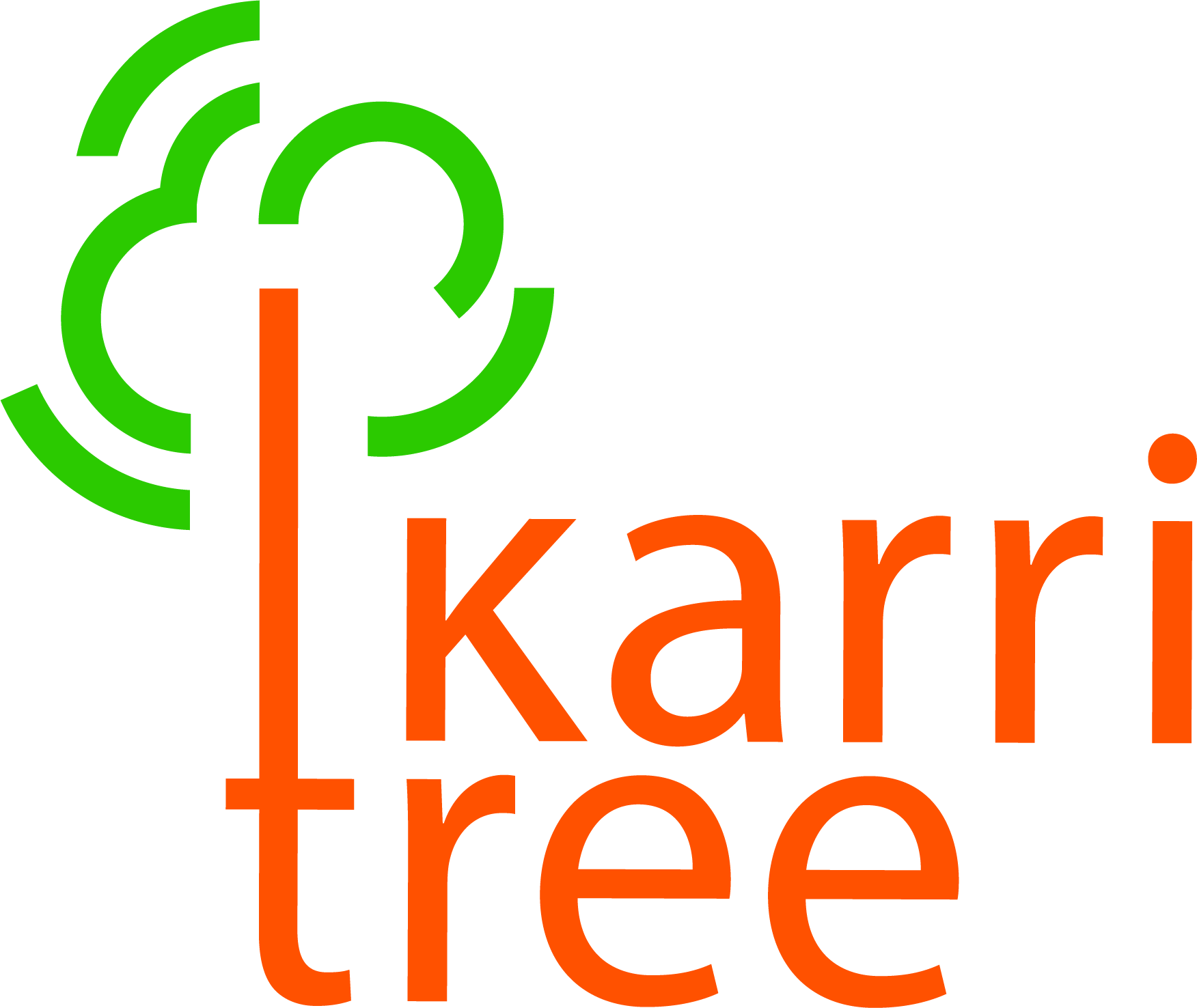Make A Healthy Work-Life Balance Your New Normal.
Are you chasing the ultimate work-life balance?
A change in focus can make a big difference.
I work with a lot of people. Most of them are executives or professionals in high positions in their organisations. This often translates to difficult jobs requiring their constant attention and large amounts of their time. It is no wonder then that work/life balance is a common topic of discussion — how to achieve that illustrious balance of time between what you need to at work and what you want to do at home.
To deal with this issue, we start by discussing what balance means and what they are really finding difficult. Not surprisingly, the issue seems to be not that the time is not balanced: people actually seem okay with the fact that they spend more time working than having fun. The frustration seems to come when they can’t do something specific because work gets in the way. And this is the key point. What people often want is not balance but rather control over their time. When you look at it like this it is not balance that you want, but rather, flexibility when you need it.
And this is what I think people need to change – Aim for Work Life Flexibility! As long as you are in control of your time and can leave work when you need to do something else you will find this enough to keep you happy.
— Anthony

By KT Admin
•
13 May, 2024
Let's be honest - we all have moments where we feel stuck, stagnant, or like we're operating at just a fraction of our full capabilities. Clients often say they feel like they are coasting along in their career, doing good work but not feeling fully fired up or challenged. Strangely enough they can see this, know that they have more to give, but can't quite seem to tap into that energy. The Costs of Untapped Energy Operating in that unsettling grey zone of having more to give, but not fully activating it, comes with heavy costs: - Lack of motivation, no creativity and feeling stuck - Persistent feelings of restlessness and lack of fulfillment - Increasing job dissatisfaction - A spiral of missed opportunities for both the business and yourself - Falling behind your less talented colleagues Essentially, the longer you spend coasting through your workdays, the more you sell yourself short. Like a car coasting along a road, every now and then you need to give it a boost of power or eventually it will come to a complete stop. The truth is, unlocking your hidden reserves of talent, creativity, and drive doesn't just happen by chance. It takes purposeful effort. People only change when they really want to. You need to first unpack where you are and then figure out where you want to go. Activating Who You Really Are Here are some ways that can help you shed things that are weighing you down and focus on regaining momentum: Get Clear on Priorities: Regaining clarity on your core motivations and goals allows you to focus the small amount of energy you have to start with. Adopt a Change Mindset: People only change when the pain of change is less than the pain of staying where you are. Do you really want to change? Try/Learn Something New: Anything that gets you interested will create energy. It can be personal, work or social related. And the best thing is that you might learn something from it. Remind Yourself: Take time for purposeful self-reflection to remind yourself about what are your unique strengths and achievements and how these create opportunities. Remember your blindspots and how to get around them. Expand Your Circles: Surrounding yourself with people, environments, and input that inspire and excite you. Meet new people and engage in conversation. This can include people you work with. Make an effort to be more social in the office. The path to all of this is uniquely personal. Everyone is different, while a coach can help you clarify what you want, the choice is yours. One truth remains - you have to make unlocking your potential an active, consistent commitment. Even a small change can have a profound payoff. Those who actively work to change don't just experience more career satisfaction themselves - they become indispensable to the people around them. The first choice that you have to make is whether you prefer to just complain about it or whether you actually want to change it.

By KT Admin
•
06 May, 2024
Are you a consultant? Do you want to be a “trusted advisor” to your clients? Maybe you need to trust THEM more! Strong client relationships are key as they create opportunities for providing more services. The pinnacle of this is: Being considered a “Trusted Advisor.” I was a consultant and a client of consultants. My realisation: many consultants think that are giving advice, and maybe they are, but its only technical and business at best. A “Trusted Advisor” is someone who adds the personal advice. In addition to outlining the issue and providing the options available they, the individual, goes that one step further and tells you what they would do if they were in your position. Why is this important? People like to know that they are making the right decision. In a professional service firm, it is easy to debate issues around a table and get different views. In a corporate environment, it is a lot lonelier at the top. Knowing that a similarly qualified person would do the same thing in your position is comforting and helpful. It can be that little bit of reassurance you need – the sanity check in your decision making process. Now to some people, and in some professions, this may seem like a risky thing to do. After all, what if it turns out that the decision is the wrong one. Can a client now blame you for giving bad advice? This is where the word “trust” comes in. Not all professional services providers are the same and likewise not all clients are the same. If you cannot trust that your client understands the difference between professional advice and personal opinion are you really going to be their Trusted Advisor. So my advice: pick clients who are sophisticated enough to understand what a trusted advisor is and then start being more personal in the advice you give. Firms aren’t trusted advisors – people are.

By KT Admin
•
30 Apr, 2024
Electronic calendars are a fantastic tool. They allow you to know where you need to be and when you need to be there where ever you are in the world. If you want a meeting with someone, you can just send them an invitation and it shows up in their calendar and now that virtual meetings have taken off and have even become a preference they can even be arranged at short notice. There is a downside to this - do you now spend your life in meetings? Do you open your calendar in the morning and see no white space? How can you get more control over this? I suggest you ask three simple questions when anyone asks for a meeting: 1. Is it URGENT ? 2. WHAT is it about? 3. How LONG do you need? Asking these three questions really focuses the mind of the people wanting to meet you. You'll know: 1. How important it is; 2. Whether its something you want to meet about; and 3. A realistic time fame If you ask these questions you will be amazing at how many 15 minute meetings appear in your diary. And after 15 minutes you can throw them out. One final point - if you have a personal assistant, get them to ask the questions and remove the administrative burden altogether. If you would like to know more feel free to contact me below.

